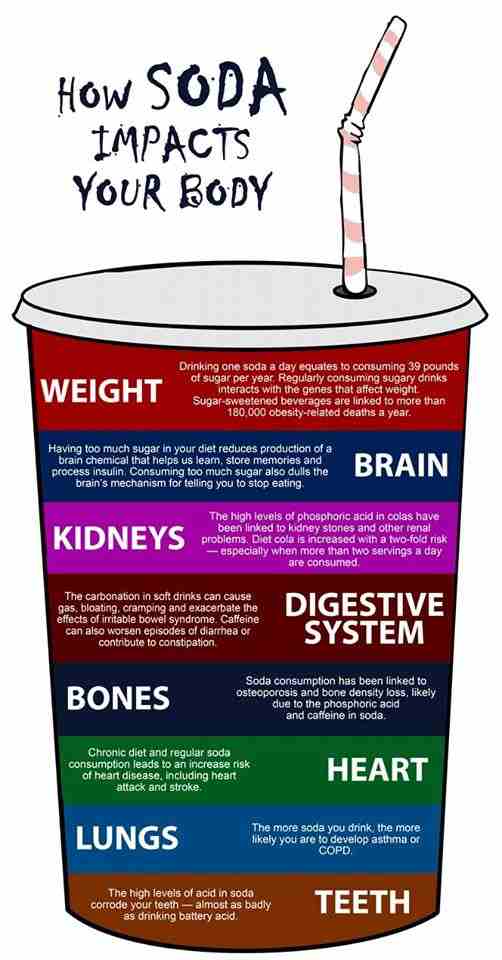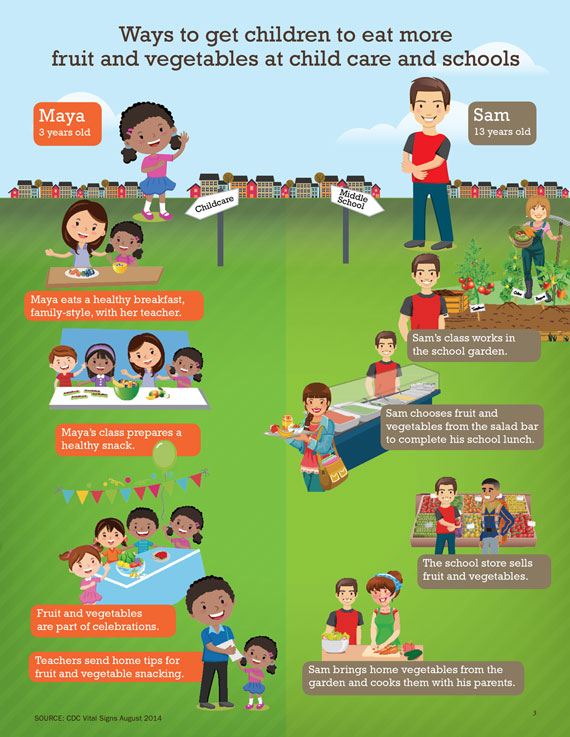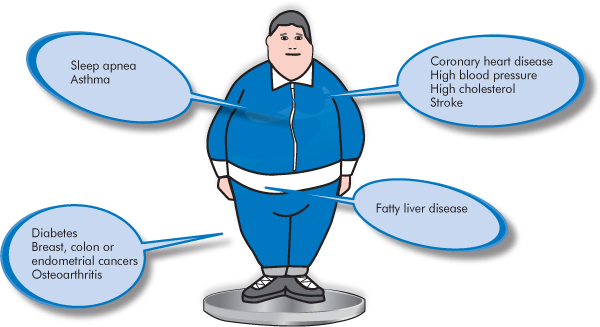Strictly speaking, there is only one causes of childhood obesity, and that is consuming more calories than the body can burn each day. However, there are certain factors that increase the risk of your child becoming obese.
It’s important to take the necessary steps to decrease these risk factors in order to avoid health problems that may arise from obesity.
There are many factors that cause obesity in children and adolescents. Oftentimes, these factors work in combination to increase the risk of your child becoming over. Below are some of the causes of childhood obesity.
Causes of Childhood Obesity
Environmental Factors – Environmental factors play a huge role in childhood obesity. American families often eat out, and more often than not, they eat fast food that is high in fats and calories but lacking in nutrition.
Sugary drinks and energy-dense convenience foods like cookies and chips are readily available while wholesome, healthy foods are less accessible and oftentimes more expensive.
Portion sizes are larger than they used to be, so that people tend to eat more without realizing it.
Children these days do not get enough physical activities. They spend too much time using entertainment media such as television, video games, computers and movies.
TV viewing is a major cause of childhood obesity because it discourages physical activity. In addition, it can lead to increased food intake through snacking and eating in front of the TV.
Television commercials also encourage children to make unhealthy food choices.
Genetics/Family History – Another factor that can cause childhood obesity is genetics. A child that comes from a family of over people is more likely to put on extra weigh too. While genetics plays an important role in childhood obesity, family factors also have a significant impact particularly if these factors include eating too much without getting enough exercise. Dietary and lifestyle habits within the family contribute to childhood obesity.

Socioeconomic Factors – Children from low-income backgrounds, including lower level of education, are more likely to become obese.
Healthy eating and exercise is difficult for families with limited time and resources. High-calorie processed foods are often cheaper and more readily available than fresh fruits, vegetables, and other healthy foods.
Families with low socio-economic status may also have limited access to safe recreational places, thus making it difficult to participate in sports and physical activities.
However, recent studies into obesity show that the rate of childhood obesity among high- income groups is now on the rise.
Psychological Factors – Some people, including children, are “stress eaters”. They overeat in order to handle stress or deal with negative emotions. There are also people who eat to fight boredom.
Medications – Certain drugs can cause obesity in children, such as steroids and antidepressants. Children who are taking medications for a psychiatric condition or seizure disorder may gain excess weight.
These drugs cause gain by stimulating the appetite or slowing down the body’s metabolism so that it burns calories more slowly. In some cases, the medication may cause the body to retain water.
The CDC has a great page on their plan over the last few years to try and stop these causes of childhood obesity




